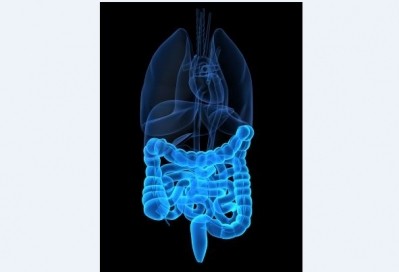Health economics: Nutritional supplement intervention may have significant benefits in hospital

The health economics and outcomes study analysed data from more than one million adult hospital cases revealed 21 percent reduction in length of hospital stay and cost with nutritional intervention.
Led byTomas Philipson from the University of Chicago, USA, and backed by funding from Abbott Nutrition, the research found that hospitalised patients that were provided with nutritional supplements benefited from a 2.3 day reduction in length of stay (21% reduction) and a saving of around €3,581 in patient costs ($4,734) - which corresponds to a 21.6% reduction in costs.
Additionally, the team revealed that supplementation cut the probability of a 30-day readmission in patients who had at least one known subsequent readmission by 6.7%.
"Because oral nutritional supplements are formulated to provide advanced nutrition and calories for patients and are relatively inexpensive to provide, the sizeable savings they generate make supplementation a cost-effective therapy," said Philipson.
The research findings were presented at the European Society for Clinical Nutrition and Metabolism (ESPEN) annual congress in Leipzig, Germany - in addition to being published in the American Journal of Managed Care.
Patient nutrition
"Patients identified as having nutritional deficiencies often face a longer and more difficult recovery process, resulting in higher health care costs and an increase in complication rates," explained Professor Marinos Elia, MD from the University of Southampton, UK.
"Research demonstrates that oral nutritional supplementation can lead to highly positive economic benefits and improved patient outcomes."
Indeed, Robert H. Miller, Ph.D., divisional vice president, Global R&D and Scientific Affairs for Abbott Nutrition commented: "In addition to the numerous retrospective studies focused on health economics and outcomes research in our pipeline, nearly all of our clinical research studies now include an economic analysis to help demonstrate a nutritional therapy's total value proposition."
Study details
Philipson and his colleagues used retrospective data analysis to examine the effect of oral nutritional supplements on hospital economic outcomes by comparing hospital stays where nutritional supplements were provided with similar hospital stays that did not provide supplements.
The matched sample included 1,160,088 total episodes (oral nutritional supplements episodes N= 580,044 and non-oral nutritional supplements episodes N=580,044), where
Length of hospital stay and cost of treatment (including supplies, labour, depreciation of equipment, etc.) were measured in addition to the probability of 30-day hospital readmission.
The analysis showed that patients receiving oral nutritional supplements (ONS) had a shorter length of stay by 2.3 days - 8.6 days compared to 10.9 - and decreased episode cost of $4734 - down from $21,950 to $17,216.
By restricting the matched sample to the 862,960 episodes where patients were readmitted at some point, the team found that ONS patients had a reduced probability of early readmission (within 30 days) of 2.3 percentage points - from 34.3% to 32.0% (a 6.7% decline).
"Use of ONS decreases length of stay, episode cost, and 30-day readmission risk in the inpatient population," said the researchers.
"These gains, it is important to note, are consistent with results from previous randomized controlled trials," they added.
Source: American Journal of Managed Care
Volume 19, Number 2, Pages121-8
Impact of Oral Nutritional Supplementation on Hospital Outcomes
Authors: Philipson TJ, Snider JT, Lakdawalla DN, Stryckman B, Goldman DP.















